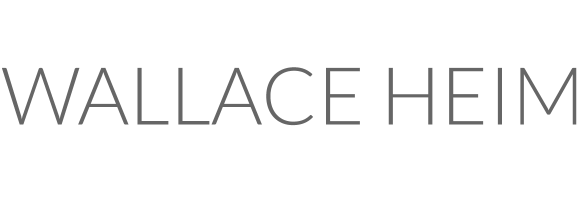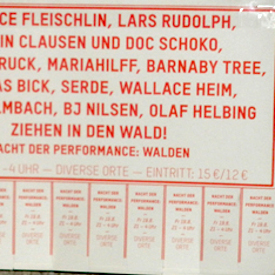12 Feb talks and workshops
Becoming Earthly – an experimental learning space at The Barn, Banchory, Scotland (2020) Wallace was one of four artists and philosophers leading online ‘learning sessions’ delving into how to ‘become earthly’, in Bruno Latour’s words, how to live in the thin skin of the earth that is...


